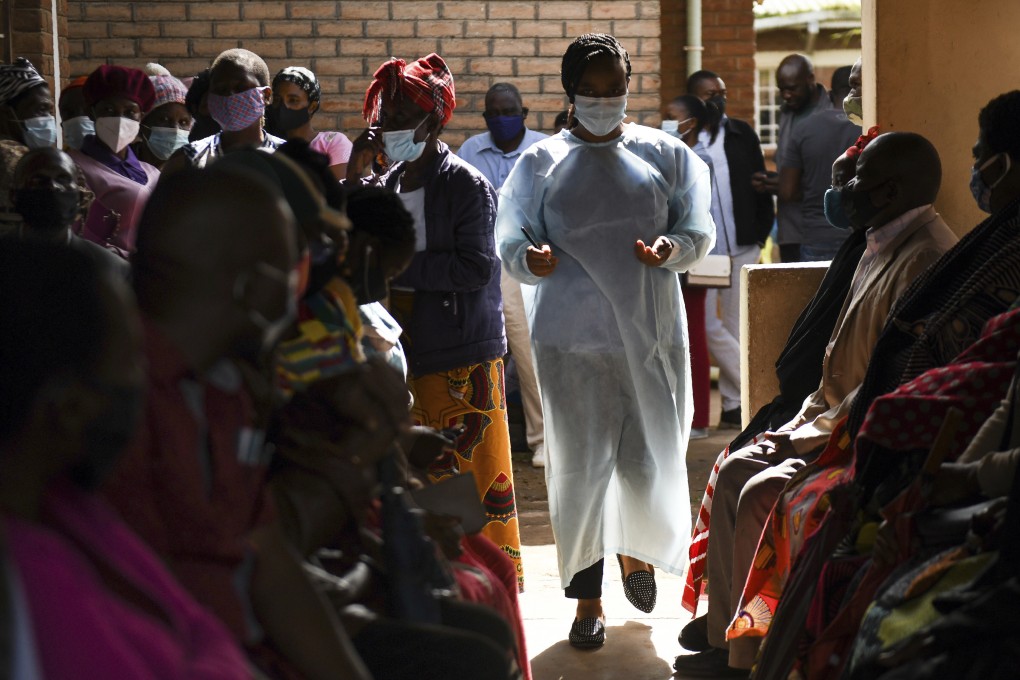Advertisement
Opinion | Covid-19 shows why we need a globally binding agreement on pandemic response
- Such an agreement should be based on people having fair access to what they need for their health, for the viability of their economies and for them to realise their human rights
Reading Time:3 minutes
Why you can trust SCMP
2

Almost two years in, and the Covid-19 inferno still burns. Several countries are witnessing a fifth wave of high transmission. Others are recording their highest daily case numbers since the pandemic began. Low- and middle-income countries – where vaccination rates are often very low – are seeing substantial numbers of deaths.
The trends are seen both in nations with adequate doses of the vaccine, as well as in those with very tight supplies. Many of the latter are in Africa, where just 6 per cent of the population have been fully vaccinated.
These countries cannot get the vaccine they need because supply commitments from manufacturers are not coming through as planned. They can get vaccines to their people but simply do not have enough doses to meet the need.
Advertisement
How did the world get here? Insufficient preparation. Insufficient investment. Insufficient collaboration. Insufficient learning.
Outbreaks usually start without any warning. Preparedness and readiness within countries are essential for rapid responses. These responses must be supported by robust global collaboration that can function even amid inter-governmental tensions.
Advertisement
Advertisement
Select Voice
Choose your listening speed
Get through articles 2x faster
1.25x
250 WPM
Slow
Average
Fast
1.25x

